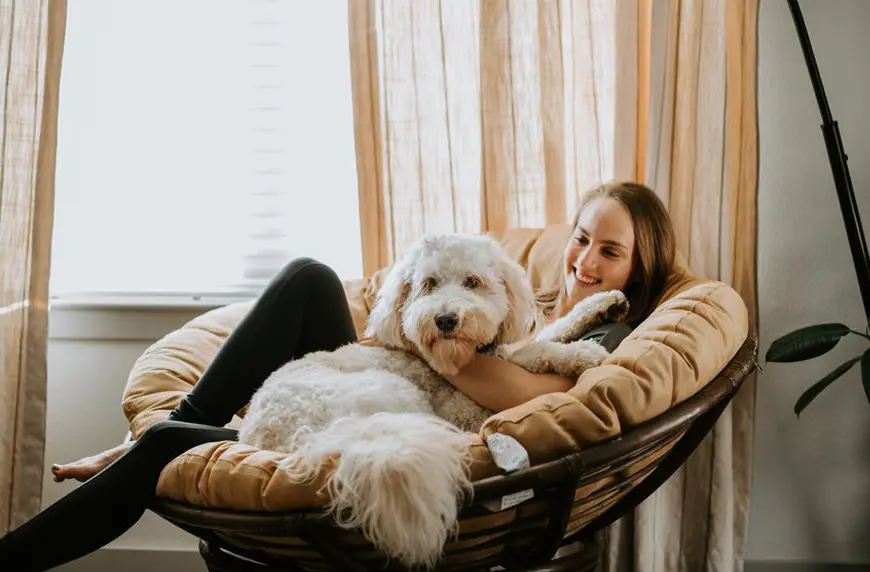What Are the Key Considerations When Choosing a Pet Sitter?

Introduction
A. Importance of Choosing the Right Pet Sitter
Choosing the right pet sitter is crucial because it ensures your pet stays happy and healthy when you’re away. A good pet sitter provides care and companionship, which helps reduce stress for both you and your pet.
B. Overview of Key Considerations
When selecting a pet sitter, several important factors should be considered to make sure your pet receives the best care possible. These include the sitter’s experience, reliability, and ability to handle emergencies. It’s also essential to think about how well the sitter interacts with your pet and whether they follow your pet’s routine.

Experience and Qualifications
A. Pet Handling Experience
When choosing a pet sitter, it’s important to consider how much experience they have with animals. Look for someone who has cared for pets similar to yours and knows how to handle different situations that may arise. Experienced pet sitters understand animal behavior and can respond appropriately to your pet’s needs.
B. Training and Certifications
Check if the pet sitter has received any formal training or certifications related to pet care. These can indicate their knowledge and commitment to providing quality care. Certifications might include pet first aid or training in specific pet care techniques, showing they have taken steps to improve their skills.
C. References and Reviews
Ask the pet sitter for references from other pet owners they have worked with before. Reviews from previous clients can give you insights into the sitter’s reliability, how well they interacted with pets, and whether they followed instructions. Positive reviews and references show that the pet sitter has a good track record of caring for pets responsibly.

Services Offered
A. Types of Pets They Care For
Before choosing a pet sitter, find out which types of pets they are comfortable caring for. Some sitters may specialize in dogs or cats, while others may be experienced with a variety of animals like birds, rabbits, or reptiles. Make sure the sitter has the knowledge and skills to handle your specific type of pet.
B. Specific Services Provided (e.g., Feeding, Walking, Grooming)
Ask about the specific services the pet sitter offers. These typically include feeding your pet according to their schedule, taking them for walks or playtime, and grooming tasks like brushing or bathing. Clarify if these services are included in their standard care routine or if there are additional charges.
C. Additional Services (e.g., Medical Care, Overnight Stays)
Inquire about any extra services the pet sitter might provide, especially if your pet has special needs. Some sitters offer medical care such as administering medications or handling basic health issues. They may also offer overnight stays if your pet requires constant supervision or prefers companionship during nighttime hours.
Reliability and Trustworthiness
A. Availability and Scheduling
Check if the pet sitter is available when you need them and if their schedule fits with yours. It’s important to know if they can visit your pet at specific times each day and if they have flexibility in case plans change.
B. Dependability and Punctuality
Reliable pet sitters show up on time and consistently follow the agreed-upon schedule. They should be dependable in caring for your pet, ensuring they receive meals, walks, and attention as promised.
C. Trust Factors (e.g., Background Checks, Insurance)
Consider trust factors like whether the pet sitter has undergone background checks and if they have insurance coverage. Background checks can ensure that the sitter has a good reputation and no concerning history. Insurance ensures that both you and the sitter are protected in case of accidents or unexpected events.
Compatibility with Your Pet
A. Understanding Your Pet’s Needs and Temperament
A pet sitter must understand what your pet likes and dislikes, their daily routines, and how they behave in different situations. This understanding helps the sitter provide appropriate care and make your pet feel comfortable.
B. Ability to Handle Specific Pet Behaviors
Consider if the pet sitter can manage any special behaviors your pet may have, such as being shy, energetic, or having specific dietary needs. A good sitter knows how to handle these behaviors calmly and effectively.
C. Personalized Attention and Care
Look for a pet sitter who offers personalized attention to your pet’s individual needs. This includes giving them affection, playing with them if needed, and following any specific instructions you provide for their care.
Communication and Updates
A. Frequency of Updates
Ask how often the pet sitter will update you about your pet. This could be daily or at specific times during the day. Regular updates help you stay informed and reassured that your pet is doing well.
B. Methods of Communication (e.g., Phone Calls, Texts, Photos)
Discuss how the pet sitter will communicate with you. They might use phone calls, text messages, or send photos to keep you updated on your pet’s activities and well-being. Choose a method that you feel comfortable with and that provides the information you need.
C. Emergency Protocols and Contact Information
Inquire about the pet sitter’s emergency procedures and who they will contact if an issue arises. Make sure you have their contact information and know how to reach them quickly if needed. Knowing their emergency plan ensures your pet receives prompt care in unexpected situations.
Cost and Value
A. Fee Structure and Payment Policies
Understand how the pet sitter charges for their services. Some may have hourly rates or flat fees for specific tasks. Payment policies include when and how you need to pay, such as upfront or after services are completed.
B. Comparison with Other Pet Sitters
Compare the costs of different pet sitters to see which one fits your budget and offers the best value. Consider what services are included in the price and if there are any additional fees.
C. Value-Added Services and Benefits
Look for extra services or benefits offered by the pet sitter that add value. This could include things like daily updates, pet grooming, or additional playtime. Choose a sitter who offers services that enhance your pet’s experience and give you peace of mind.
Conclusion
A. Recap of Key Considerations
Recap the important things to think about when choosing a pet sitter. This includes considering their experience, reliability, how well they understand your pet, and their communication methods.
B. Importance of Making an Informed Decision
Explain why it’s crucial to choose a pet sitter carefully. A good choice ensures your pet stays happy and safe while you’re away, reducing stress for both you and your furry friend.
C. Final Tips for Choosing the Right Pet Sitter
Offer some last pieces of advice. These might include meeting the sitter in person before hiring them, checking references thoroughly, and trusting your instincts about who will provide the best care for your pet.



